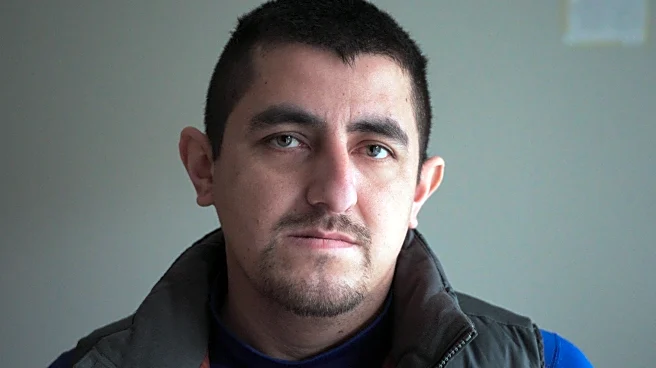What's Happening?
A lawsuit has been filed against talent booker Christopher Young, accusing him of fraud related to the booking of artists Doechii and SiR for a Baltimore music festival. The lawsuit, initiated by Blackout Management, claims Young falsely promised to secure the artists as headliners for the AFRAM festival, demanding a deposit of $187,500. Despite confirming the booking, Young later claimed the artists had withdrawn due to scheduling conflicts. Blackout Management discovered that Young's claims were false after contacting Top Dawg Entertainment, the artists' label, which confirmed Young had no legitimate dealings with them. The lawsuit seeks the return of the deposit and additional damages, citing harm to Blackout's credibility and financial losses.
Why It's Important?
This case highlights significant issues within the music industry regarding fraudulent practices by booking agents. The alleged scam not only resulted in financial loss for Blackout Management but also damaged its reputation and strained relationships with major labels like Top Dawg Entertainment. Such incidents can have broader implications for event organizers, potentially leading to increased scrutiny and changes in how bookings are verified and managed. The outcome of this lawsuit could set a precedent for how similar cases are handled, impacting industry standards and practices.
What's Next?
Blackout Management is pursuing civil fraud claims against Young and his firm, Sacrifice Management, in federal court. The company aims to recover the deposit and seek additional damages. The legal proceedings will likely involve further investigation into Young's business practices and could lead to more stringent regulations in the talent booking industry. Stakeholders, including artists and event organizers, may push for more transparency and accountability in booking agreements to prevent similar occurrences.
Beyond the Headlines
The lawsuit underscores the ethical challenges in the entertainment industry, where trust and reputation are crucial. It raises questions about the vetting process for agents and the need for more robust contractual safeguards. The case could prompt discussions on the legal responsibilities of agents and the protection of event organizers from fraudulent activities.









